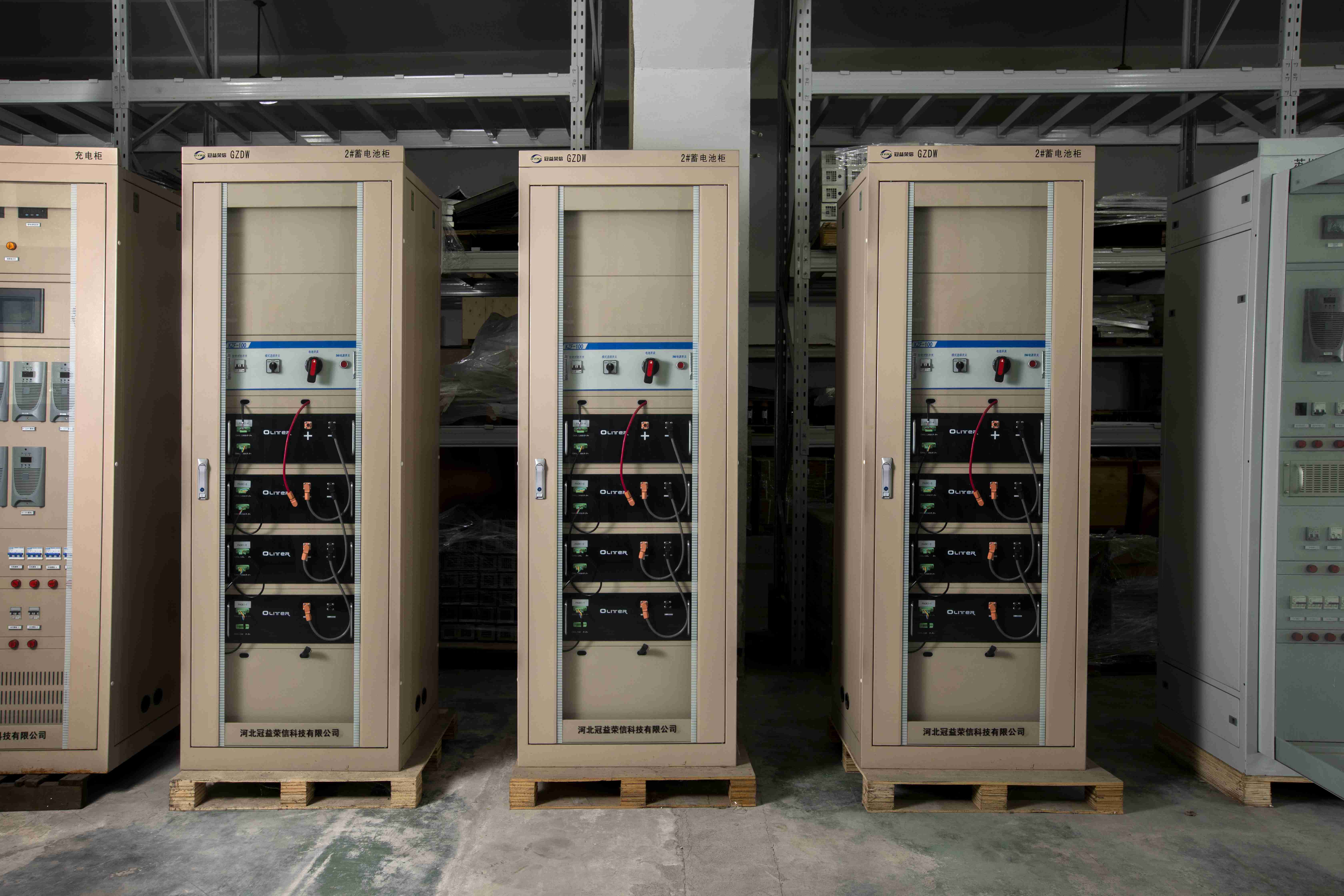
Oct . 11, 2024 19:48 Back to list
China's Strategies for Reliable Backup Power Supply Solutions and Innovations
Back-Up Power Supply in China Ensuring Energy Security
As China continues to experience rapid economic growth and urbanization, the demand for reliable electricity has surged. In this context, back-up power supply systems have gained significant importance in sustaining energy security and ensuring the smooth functioning of various sectors. This article explores the necessity of back-up power supplies in China, the current state of technology, and future prospects.
The Importance of Back-Up Power Supply
In the face of increasing energy consumption, China's electricity grid has been under immense pressure. Factors such as extreme weather events, aging infrastructure, and rising energy demands strain the grid, making it vulnerable to outages. Such interruptions can lead to significant economic losses, disrupt businesses, and compromise public safety. Thus, having a robust back-up power supply system has become crucial for both residential and commercial users.
Back-up power supplies serve multiple purposes in China. They provide a reliable source of electricity during power outages, support critical infrastructure, and ensure that essential services, such as hospitals and emergency response systems, remain operational. In industries, unplanned power cuts can result in costly downtimes or damage to sensitive equipment. Therefore, companies are increasingly investing in back-up systems to safeguard against such risks.
Technological Advancements
The landscape of back-up power supply systems in China is evolving, driven by advancements in technology. Traditional diesel generators have been the go-to solution for many years; however, they come with drawbacks such as environmental concerns and operational costs. In response, there has been a shift toward cleaner and more efficient options, such as lithium-ion batteries and renewable energy systems.
Lithium-ion batteries are becoming particularly popular due to their compact size, high energy density, and declining costs. These batteries can store energy from renewable sources, such as solar and wind, and re-distribute it when needed. In urban areas across China, solar-powered back-up systems are being integrated into buildings, providing not only resilience but also contributing to sustainability goals.
In addition to battery solutions, there is a growing interest in microgrid technology. Microgrids allow for localized energy generation and distribution, enabling communities to operate independently from the central grid. This decentralized approach enhances energy resilience, especially in remote areas or during extreme weather events.
china back up power supply

Government Initiatives and Policies
Recognizing the importance of back-up power systems, the Chinese government has implemented various policies to promote energy security and technological innovation. These initiatives encourage investments in advanced energy storage technologies and renewable energy integration. The government aims to increase the share of non-fossil fuels in total energy consumption, thereby contributing to climate goals while enhancing energy resilience.
Moreover, public-private partnerships are emerging to facilitate the development of back-up power solutions across different sectors. Collaborations between technology firms and energy providers are leading to innovative solutions that address both current and future energy demands.
Future Prospects
The future of back-up power supply systems in China looks promising, as the nation continues to prioritize energy security and sustainability. As technology advances, costs are expected to decrease further, making back-up systems more accessible to a wider range of users. The integration of artificial intelligence and smart grid technologies will allow for better monitoring, management, and optimization of energy resources.
Moreover, as more businesses and consumers adopt renewable energy sources, the synergy between back-up power systems and green technologies will become pivotal in China's energy transition. The collaboration of different sectors, including information technology and energy engineering, will be key to developing robust, intelligent, and sustainable back-up power solutions.
Conclusion
In conclusion, back-up power supply systems are critical components of China's energy landscape. As the nation grapples with increasing energy demands and vulnerabilities in its electricity grid, investing in reliable and eco-friendly back-up solutions is essential. With technological advancements and supportive government policies, China is well-positioned to enhance its energy security and meet future challenges head-on. The journey towards a resilient and sustainable energy framework is ongoing, and the significance of back-up power supply systems will only continue to grow in this rapidly evolving scenario.
-
AI-Powered EMS with GPT-4-Turbo | Efficiency Boost
NewsAug.01,2025
-
Optimized Storage System for GPT-4-Turbo | High Performance
NewsJul.31,2025
-
AI Energy Management System w/ GPT-4 Turbo Efficiency
NewsJul.31,2025
-
High-Performance Energy Storage System for Reliable Power Solutions
NewsJul.30,2025
-
Advanced EMS Solutions for Energy Management System & Storage Battery Companies
NewsJul.29,2025
-
Intelligent Energy Management for Homes - Efficient Storage Solutions
NewsJul.29,2025























